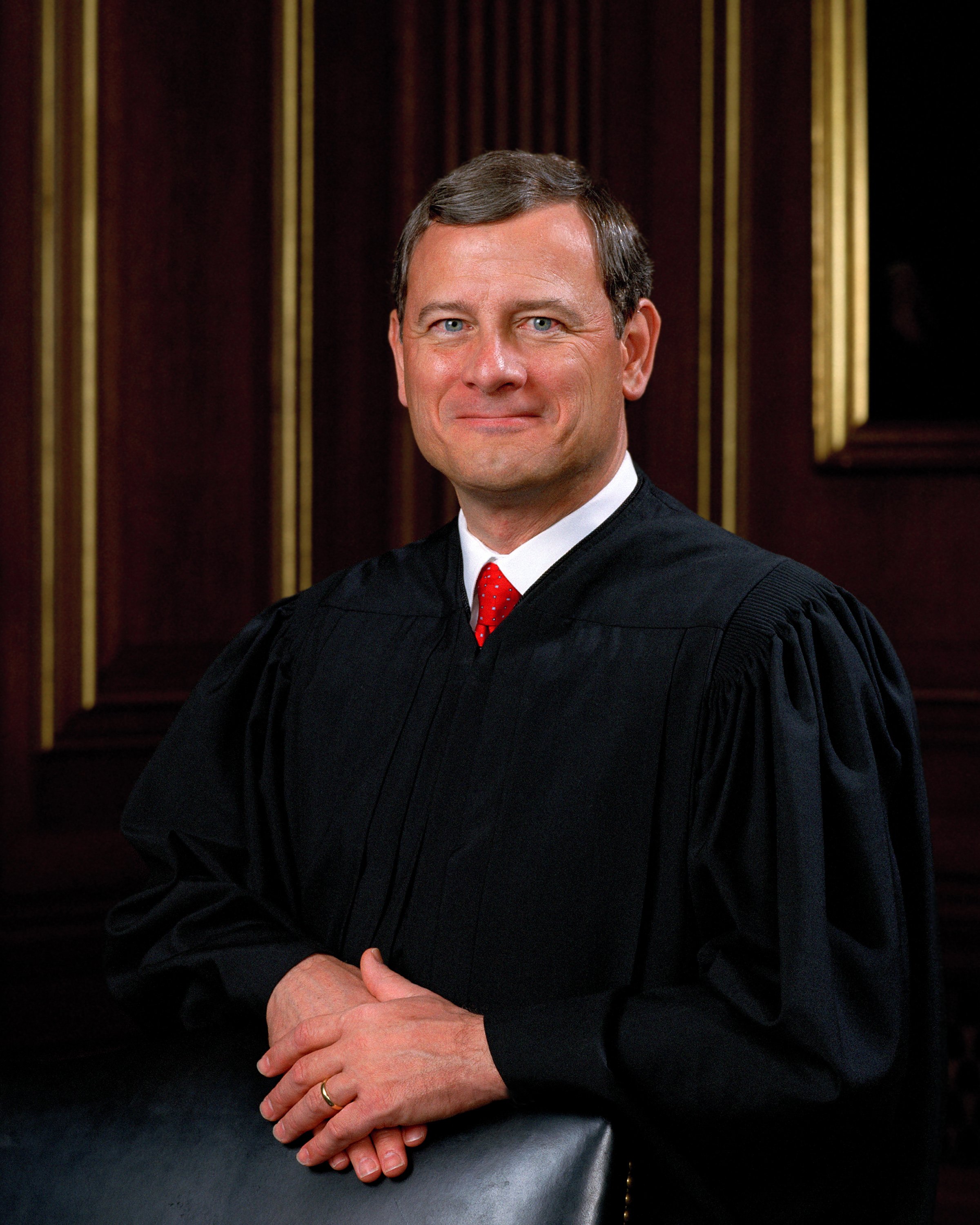 May we say “Hallelujah”? Reason has prevailed — for now — at the U.S. Supreme Court when it comes to church litigation against protective pandemic shutdown orders.
May we say “Hallelujah”? Reason has prevailed — for now — at the U.S. Supreme Court when it comes to church litigation against protective pandemic shutdown orders.
In a 5-4 decision on Friday, May 29, Chief Justice John Roberts joined the court’s more liberal justices to deny an appeal by a California church seeking to block enforcement of the state’s stay-at-home orders, even writing a concurring opinion to the unsigned ruling.
Roberts cogently pointed out: “Similar or more severe restrictions apply to comparable secular gatherings, including lectures, concerts, movie showings, spectator sports and theatrical performances, where large groups of people gather in close proximity for extended periods of time.”
His opinion persuasively noted: “And the order exempts or treats more leniently only dissimilar activities, such as operating grocery stores, banks and laundromats, in which people neither congregate in large groups nor remain in close proximity for extended periods.”
The South Bay United Pentecostal Church in Chula Vista, Calif., had sued Gov. Gavin Newsom. It petitioned the high court having lost on May 22 before the 9th U.S. Circuit Court of Appeals, which wrote, “We’re dealing here with a highly contagious and often fatal disease for which there presently is no known cure.”
On that same date, President Trump identified “houses of worship — churches, synagogues and mosques — as essential places that provide essential services,” demanding that all governors open up houses of worship by that weekend or else “I will override the governors.”
Reason has also prevailed so far at most lower courts. A federal district court in Chicago refused to block Illinois’ 10-person limit on religious worship services (since lifted by the governor). U.S. District Judge Robert W. Gattleman wrote:
“Gatherings at places of worship pose higher risks of infection than gatherings at businesses. The congregants do not just stop by Elim Church. They congregate to sing, pray and worship together. That takes more time than shopping for liquor or groceries.”
A three-judge panel refused to stay his decision while the church appeals, but issued an unsigned statement that “the executive order does not discriminate against religious activities, nor does it show hostility toward religion.”
A sour note in the Supreme Court’s action Friday came from a dissenting opinion by Justice Brett Kavanaugh, signed by Justices Clarence Thomas, Samuel Alito and Neil Gorsuch, who wrote: “The state cannot assume the worst when people go to worship but assume the best when people go to work or go about the rest of their daily lives in permitted social settings.”
This ignores the growing body of evidence showing that practices during worship services pose unique dangers in passing on COVID-19 infections, including collection plates, shared religious materials, choirs and singing by parishioners, potlucks, greeting customs, and communion practices.
Thankfully, the majority on the Supreme Court displayed better sense than Trump and litigious churches bent on exposing congregations to the coronavirus, and we at the Freedom From Religion Foundation truly appreciate that.